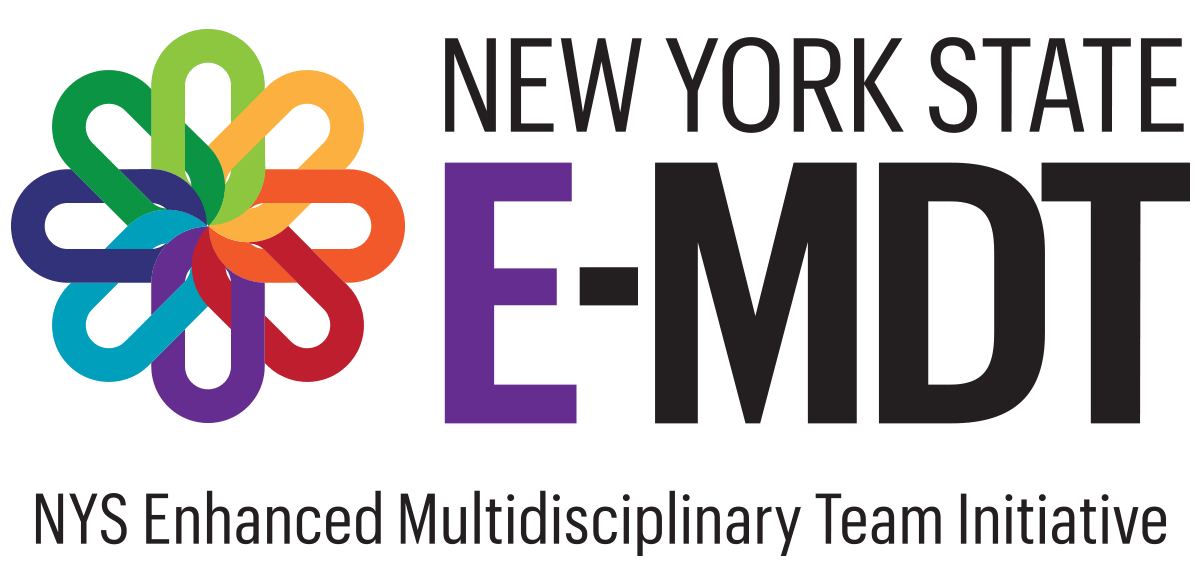What is Elder Abuse?
Every year across the country, up to five million older adults are abused, neglected, and exploited, often at the hands of the people they trust most. Elder abuse refers to any knowing, intentional, or negligent act by a caregiver or any other person that causes harm or a serious risk of harm to a vulnerable adult. While each case is unique, New York State Adult Protective Services utilizes the following definitions, which are included within the New York State Social Services Law Section 473.
Most forms of elder abuse are co-occurring.
-
Physical Abuse
Non-accidental use of force that results in bodily injury, pain, or impairment. This includes, but is not limited to, being slapped, burned, cut, bruised, or improperly physically restrained.
-
Sexual Abuse
Non-consensual sexual contact of any kind. This includes, but is not limited to, forcing sexual contact with self or forcing sexual contact with another person.
-
Emotional\Psychological Abuse
Willful infliction of mental or emotional anguish by threat, humiliation, intimidation, or other abusive conduct. This includes, but is not limited to, isolating or frightening an adult.
-
Financial Exploitation
Improper use of an adult’s funds, property, or resources by another individual. This includes, but is not limited to, fraud, embezzlement, forgery, falsifying records, coerced property transfers, or denial of access to assets.
-
Neglect (active & passive)
Active Neglect - Willful failure by a caregiver to fulfill care-taking functions and responsibilities. This includes, but is not limited to, abandonment, deprivation of food, medication, water, heat, cleanliness, eyeglasses, dentures, or health-related services.
Passive Neglect - Non-willful failure to fulfill care-taking responsibilities because of inadequate caregiver knowledge, infirmity, or disputing the value of prescribed services.
-
Self-Neglect
This is the adult’s inability, due to physical and/or mental impairments, to perform tasks essential to caring for oneself.
*E-MDTs in New York State do not review cases of self-neglect unless it is co-occurring with other forms of elder abuse.
Red Flags of Elder Abuse
If you suspect an older adult is being physically abused, you may notice…
Bruises, black eyes, welts, cuts, or untreated injuries in various stages of healing
Broken eyeglasses/frames, physical signs of being subjected to punishment, or signs of being restrained
Laboratory findings of medication overdose or under-utilization of prescribed drugs
If you suspect an older adult is being sexually abused, you may notice…
Bruises around the breasts or genital area
Unexplained venereal disease, genital infections, vaginal or anal bleeding
Changes in an older adult’s demeanor, such as showing fear or becoming withdrawn when a specific person is around
If you suspect an older adult is being emotionally or psychologically abused, you may notice…
Being extremely withdrawn, non-communicative or non-responsive
Witnessing a caregiver controlling or isolating an older adult
Exhibiting a change in sleeping patterns or eating habits
Depression or anxiety
If you suspect an older adult is being financially exploited, you may notice…
Sudden changes in bank accounts or banking practices, including an unexplained withdrawal of large sums of money by a person accompanying the older adult
Abrupt changes or inclusions to a will, bank card, or other financial documents
Provision of substandard care or bills left unpaid despite the availability of adequate financial resources
Sudden appearance of previously uninvolved relatives claiming their rights to an older adult’s property or possessions
If you suspect that an older adult is being neglected by another, you may notice…
Dehydration, malnutrition, untreated bed sores, and poor personal hygiene
Unattended or untreated health problems
Hazardous or unsafe living conditions/arrangements (e.g., improper wiring, no heat, or no running water, soiled bedding, fecal/urine smell, inadequate clothing)
The desertion of an older adult at a hospital, a nursing facility, or other similar institution, or a shopping center or other public location
